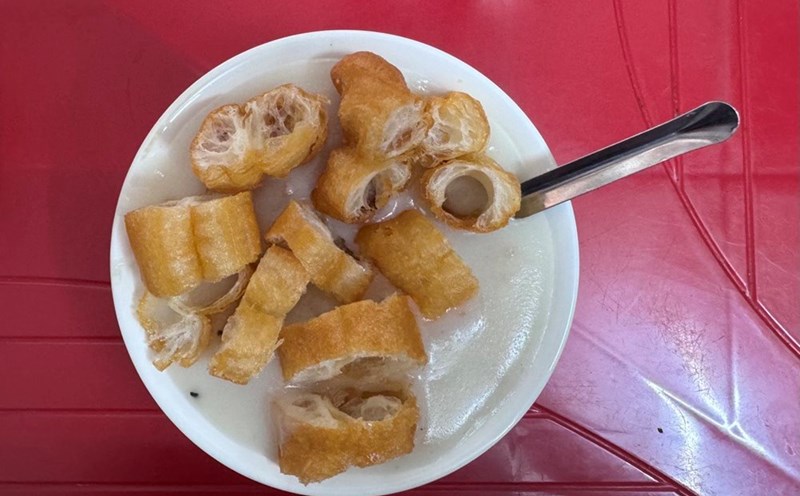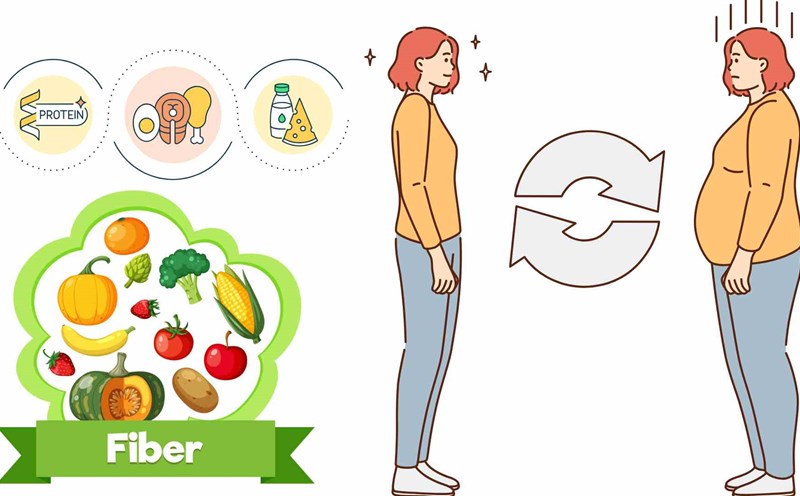A light dinner rich in green vegetables, fish, whole grains and low-sweetened fruits will help the body to be provided with enough nutrients while limiting visceral fat accumulation:
Green vegetables and salads
Adding green vegetables to dinner is a simple way to reduce the risk of visceral fat accumulation. The fiber in vegetables helps create a feeling of fullness, limit cravings for night snacks, and support better digestion.
Vegetables such as broccoli, spinach, lettuce or cucumber are low in calories and rich in vitamins and minerals.
Fish and seafood
Protein from fish, shrimp or squid is easier to digest than red meat and contains a lot of heart-healthy omega-3.
Eating fish in the evening helps the body feel full longer, not causing a feeling of heaviness. Omega-3 also has the ability to regulate metabolism, limiting fat accumulation around the liver and abdomen.
A study published in the Journal of Nutrition shows that a diet rich in omega-3 helps reduce liver fat and improve visceral fat index in overweight people.
Therefore, steamed fish, grilled fish or simply processed seafood are the optimal choice for dinner.
Whole grains
Many people are worried that evening starch will cause weight gain. However, whole grains such as oats, brown rice or quinoa are the exception.
They contain complex carbohydrates, which help stabilize blood sugar and avoid excess energy storage as fat.
Whole grains help control weight and reduce belly fat thanks to their ability to provide sustained energy without sudden increases in blood sugar.
Light soup
A bowl of vegetable or chicken soup for dinner not only helps you sleep but also puts no pressure on the digestive system.
Low-sweetened fruits
Instead of eating cakes or sugary desserts, low-sugar fruits such as kiwi, grapefruit, strawberries or blueberries will be a suitable choice. They are rich in antioxidants, vitamin C and have a low glycemic index, helping to control energy intake.
Experts recommend eating dinner at least 2-3 hours before bed. Avoid fried foods high in oil, processed red meat or carbonated soft drinks because these are the leading " culprits" for increased visceral fat.











